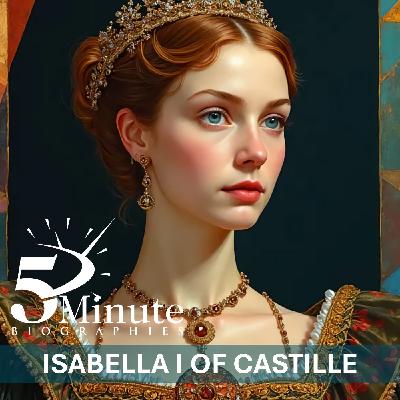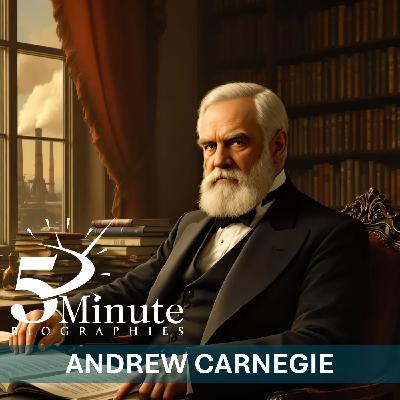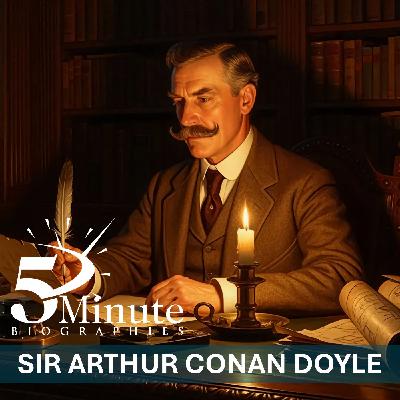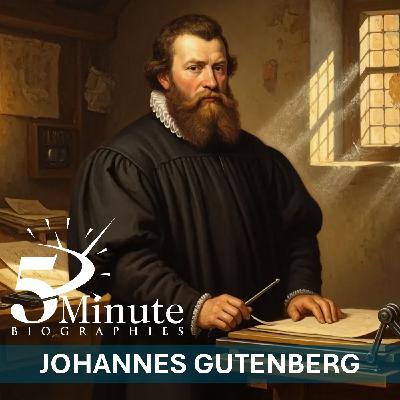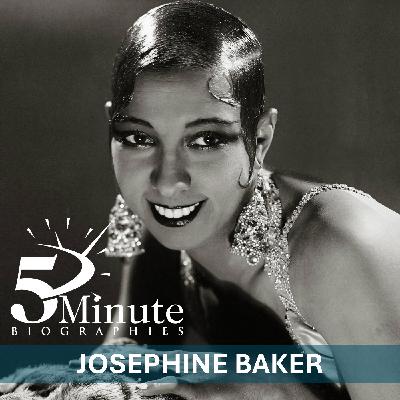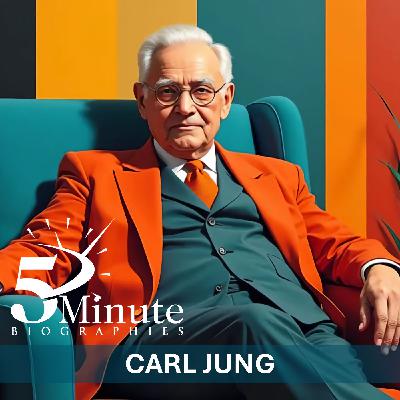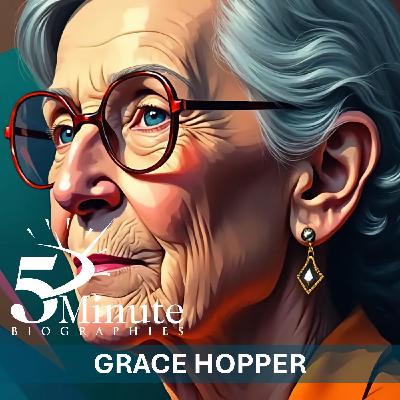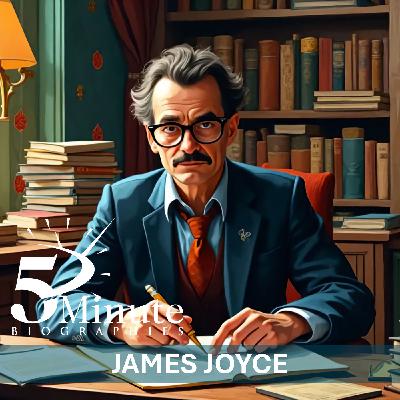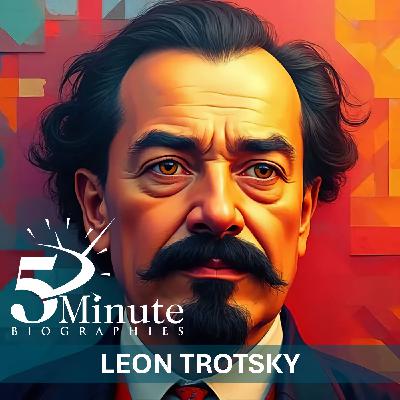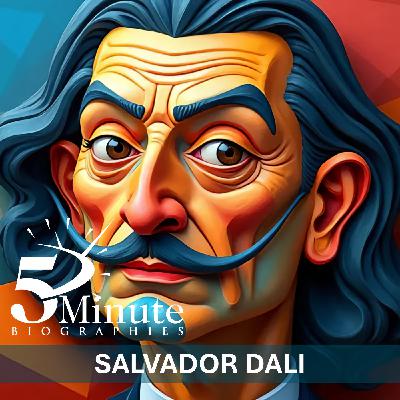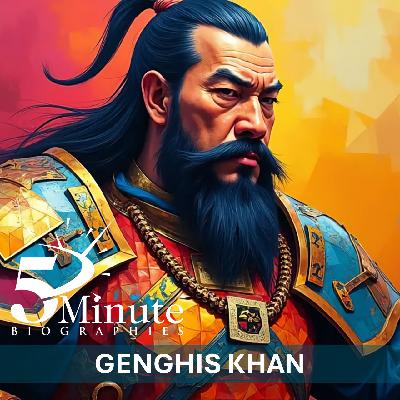Isabella I of Castille
Description
Isabella I of Castile was born on 22 April 1451 in Madrigal de las Altas Torres, in the Kingdom of Castile. She became one of the most influential monarchs in European history, uniting Spain through her marriage to Ferdinand II of Aragon and laying the foundations for the emergence of Spain as a dominant global power. Her reign was marked by significant political, religious, and economic reforms, as well as the sponsorship of Christopher Columbus’s voyage to the New World, which would change the course of history.
Isabella was the daughter of King John II of Castile and his second wife, Isabella of Portugal. As a child, she lived a relatively quiet and secluded life, away from the court’s political intrigues. Her half-brother, Henry IV, ascended to the throne in 1454, but his reign was weak and unstable, leading to internal conflicts among the Castilian nobility. Isabella was not initially in the line of succession, but political tensions and disputes over Henry IV’s heir forced her into the centre of power struggles.
In 1468, after years of civil unrest, Henry IV recognised Isabella as his heir under the condition that she would not marry without his approval. However, Isabella defied this agreement and secretly married Ferdinand of Aragon on 19 October 1469 in Valladolid. This union was a turning point in Spanish history, as it brought together the two most powerful Iberian kingdoms, setting the stage for the eventual unification of Spain.
When Henry IV died in 1474, Isabella claimed the Castilian throne, sparking a five-year war of succession against her niece, Joanna la Beltraneja, who was supported by Portugal. With Ferdinand’s military assistance, Isabella secured victory, and in 1479, she and Ferdinand consolidated their rule over Castile and Aragon. Although they ruled their respective kingdoms separately, they worked closely together, instituting policies that strengthened their realms and centralised royal authority.
One of the most defining aspects of Isabella’s reign was her commitment to religious unity. She and Ferdinand sought to establish Catholicism as the dominant faith in Spain, leading to the infamous Spanish Inquisition in 1478. This institution aimed to enforce religious conformity and eliminate heresy, often targeting conversos (converted Jews) and suspected heretics. In 1492, Isabella issued the Alhambra Decree, ordering the expulsion of Jews who refused to convert to Christianity. This decision had profound consequences, as it led to the displacement of thousands of people and the loss of a vital economic and intellectual community.
That same year, Isabella and Ferdinand completed the Reconquista, the centuries-long campaign to reclaim Iberian territories from Muslim rule. The conquest of Granada, the last Muslim stronghold in Spain, in January 1492 marked the culmination of this effort. The victory over the Nasrid Kingdom of Granada was seen as a great triumph for Christian Spain, reinforcing Isabella’s image as a devout and determined ruler.
Isabella’s reign is also remembered for her role in financing Christopher Columbus’s expedition across the Atlantic. Despite initial scepticism, she agreed to support Columbus’s venture, providing him with the necessary ships and funds. His successful voyage in 1492 led to the discovery of the Americas, opening the door to Spanish colonisation and the expansion of Spanish influence across the globe. This decision transformed Spain into a major imperial power and changed world history forever.
In addition to her political and religious policies, Isabella implemented significant reforms within Castile. She worked to strengthen the monarchy by curbing the power of the nobility, reforming government institutions, and improving the judicial system. She also promoted economic development by encouraging trade and improving infrastructure. Her efforts to modernise the military made Spain one of the most formidable forces in Europe during her lifetime.
Isabella was known for her intelligence, strong will, and deep religious convictions. She was highly educated and took an active interest in learning, fostering the growth of arts and culture in Spain. Her court became a centre of scholarship and intellectual activity, attracting prominent figures such as Antonio de Nebrija, who developed the first Spanish grammar book.
Her personal life was deeply intertwined with her political ambitions. She and Ferdinand had five children, including Catherine of Aragon, who later became the first wife of Henry VIII of England. Through strategic marriages, Isabella ensured that her descendants played key roles in European politics, further extending Spain’s influence. Her daughter Joanna married Philip the Handsome of Habsburg, whose son Charles V would later rule over the Holy Roman Empire and Spain, ushering in the Habsburg era.
Despite her many successes, Isabella’s later years were marked by personal tragedies. The deaths of her son John, her daughter Isabella, and her grandson Miguel deeply affected her. Her daughter Joanna’s mental instability added further strain, as it cast uncertainty over the succession. As her health declined, Isabella focused on securing a stable future for Spain, ensuring that her grandson Charles would eventually inherit the Spanish crown.
On 26 November 1504, Isabella died in Medina del Campo at the age of 53. She was buried in the Royal Chapel of Granada, alongside Ferdinand, in recognition of their joint efforts in uniting Spain. Her death marked the end of an era, but her legacy continued through the powerful empire she helped to build. Isabella I of Castile is remembered as one of the most formidable rulers in European history. Her reign laid the foundation for the Spanish Golden Age, establishing Spain as a dominant power in Europe and the New World. Her decisions shaped the course of history, from the unification of Spain to the beginnings of the Spanish Empire. While her policies, particularly the Inquisition and the expulsion of Jews, remain controversial, her influence on Spain and the world is undeniable. Through her vision, determination, and strategic leadership, Isabella ensured that Spain emerged as a powerful and influential kingdom, leaving behind a legacy that endures to this day.
Isabella I of Castille FAQ
Isabella I of Castile, born in 1451, was the queen of Castile and later the queen consort of Aragon. Her marriage to Ferdinand II of Aragon paved the way for the unification of Spain. She is known for her political acumen, religious reforms, and sponsorship of Christopher Columbus’s 1492 voyage.
Through her marriage to Ferdinand II, Isabella brought Castile and Aragon into a personal union, strengthening royal authority and centralising governance. Together, they were known as the Catholic Monarchs and completed the Reconquista in 1492 with the capture of Granada.
In 1478, Isabella and Ferdinand established the Spanish Inquisition with papal approval to enforce Catholic orthodoxy, targeting heresy and religious minorities, often through harsh measures.
Isabella sponsored Christopher Columbus’s voyage in 1492, which led to the European discovery of the Americas and laid the foundations of the Spanish Empire.
Isabella is remembered as a pivotal figure in Spanish history, celebrated for unifying the country and supporting exploration, but also criticised for religious persecution. Her reign reshaped Spain and had lasting global consequences.
The post Isabella I of Castille appeared first on 5 Minute Biographies.

